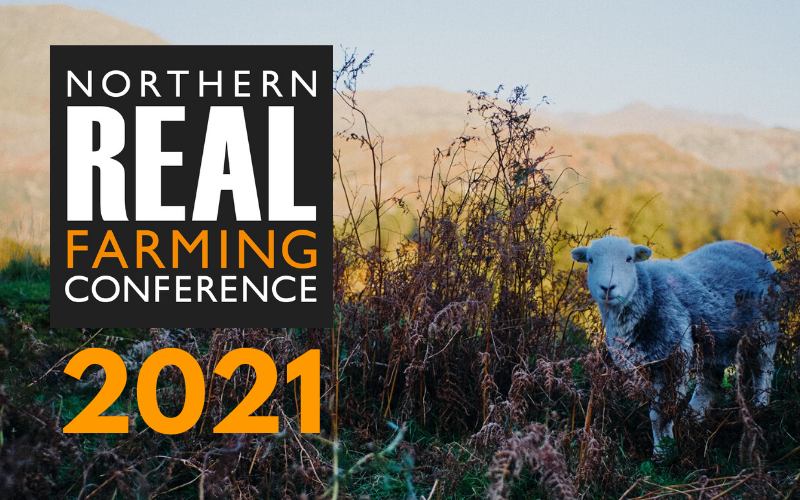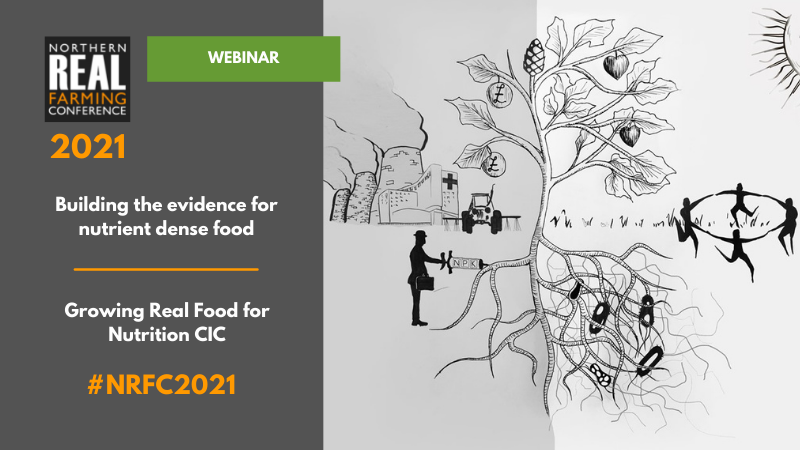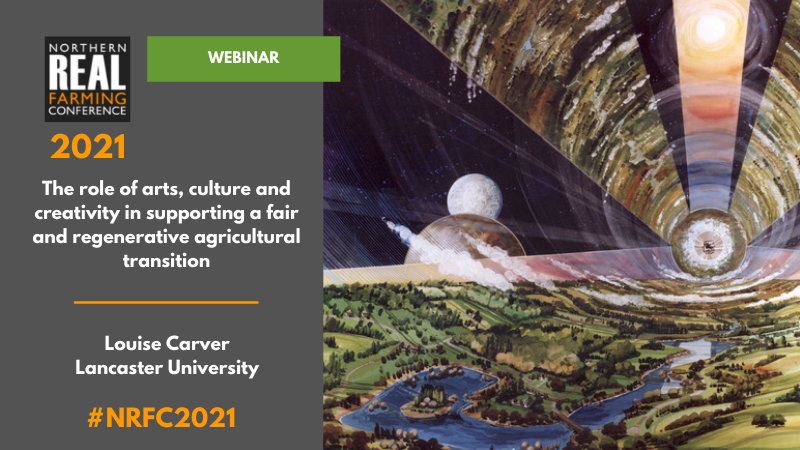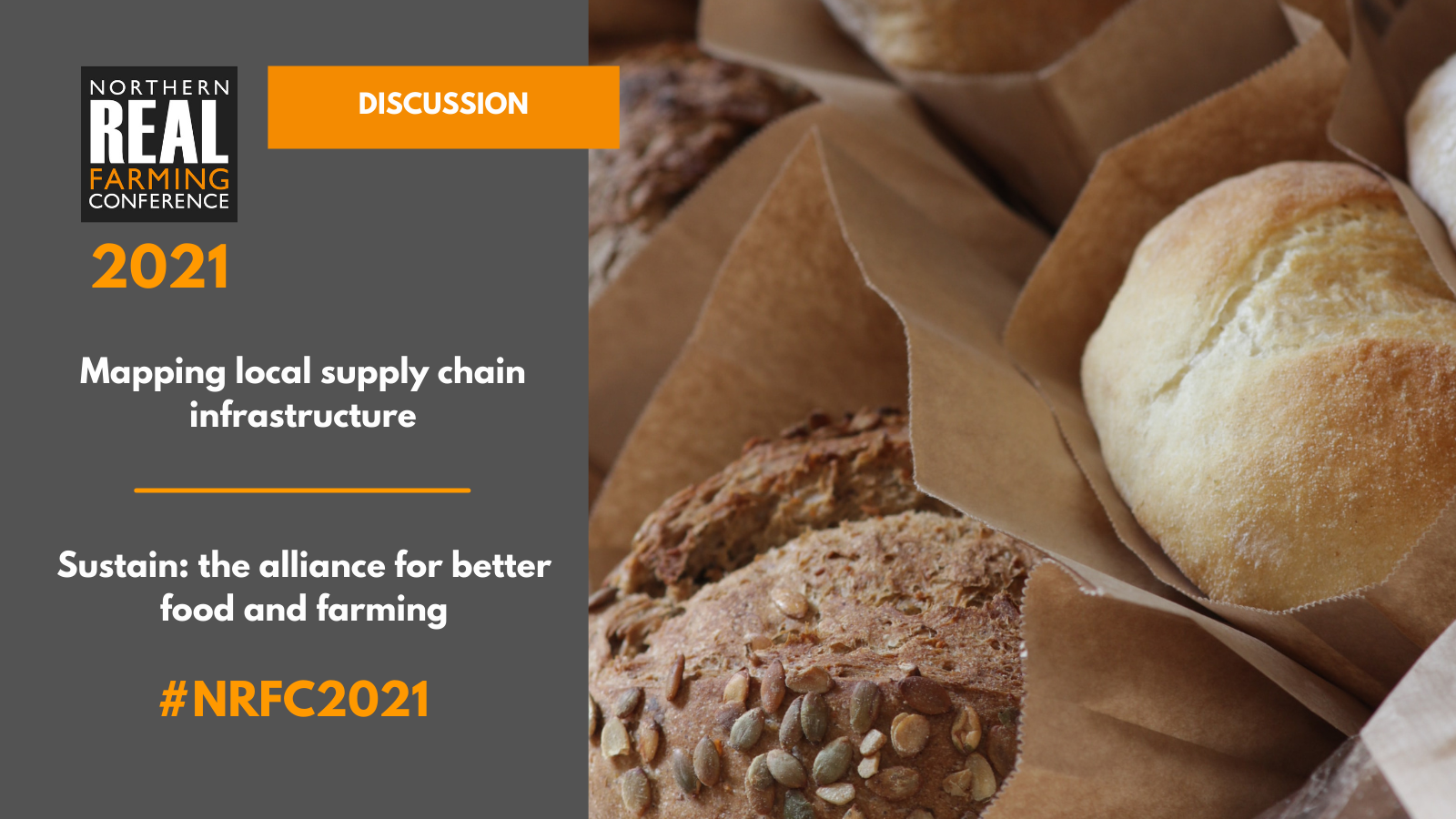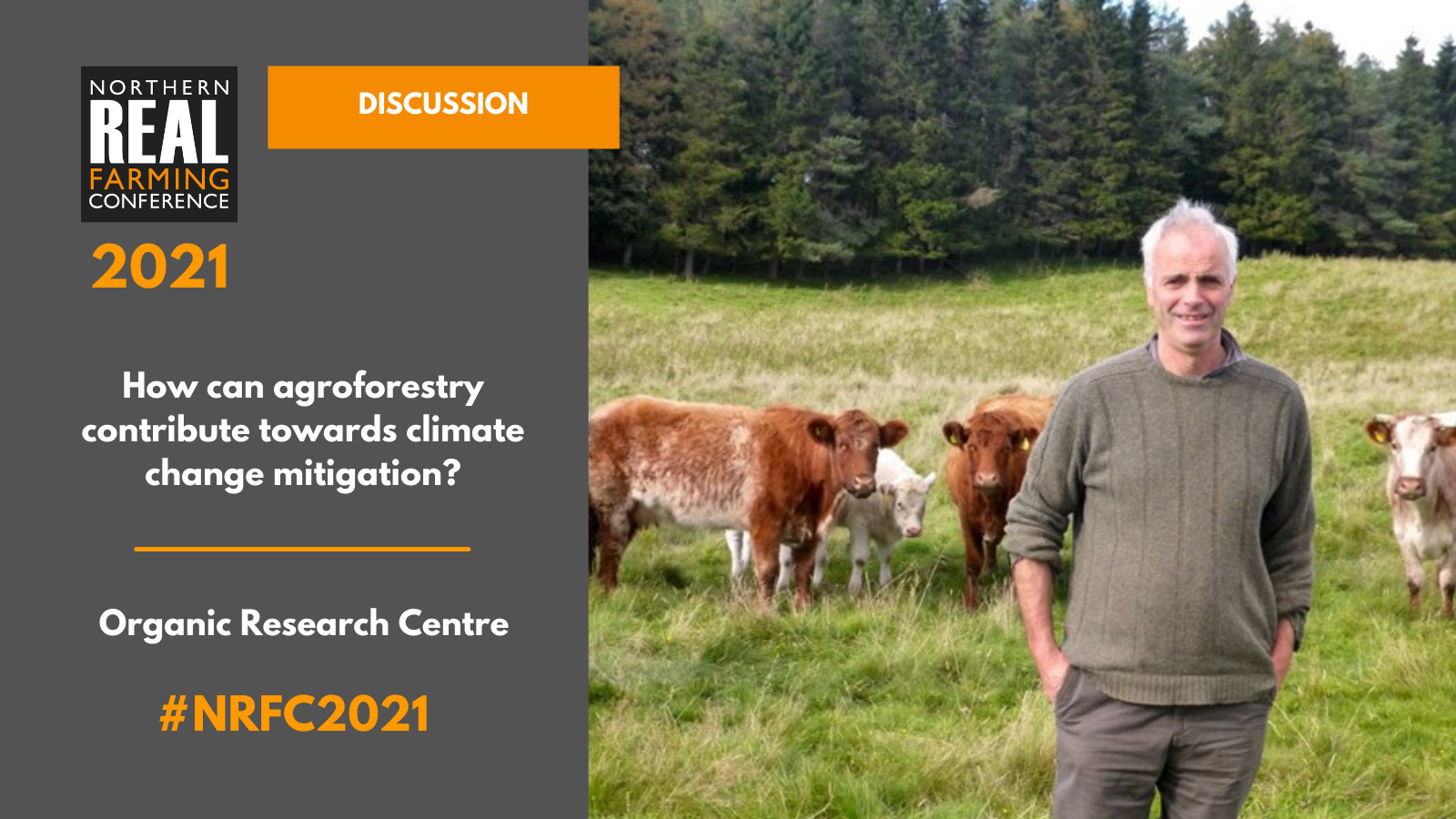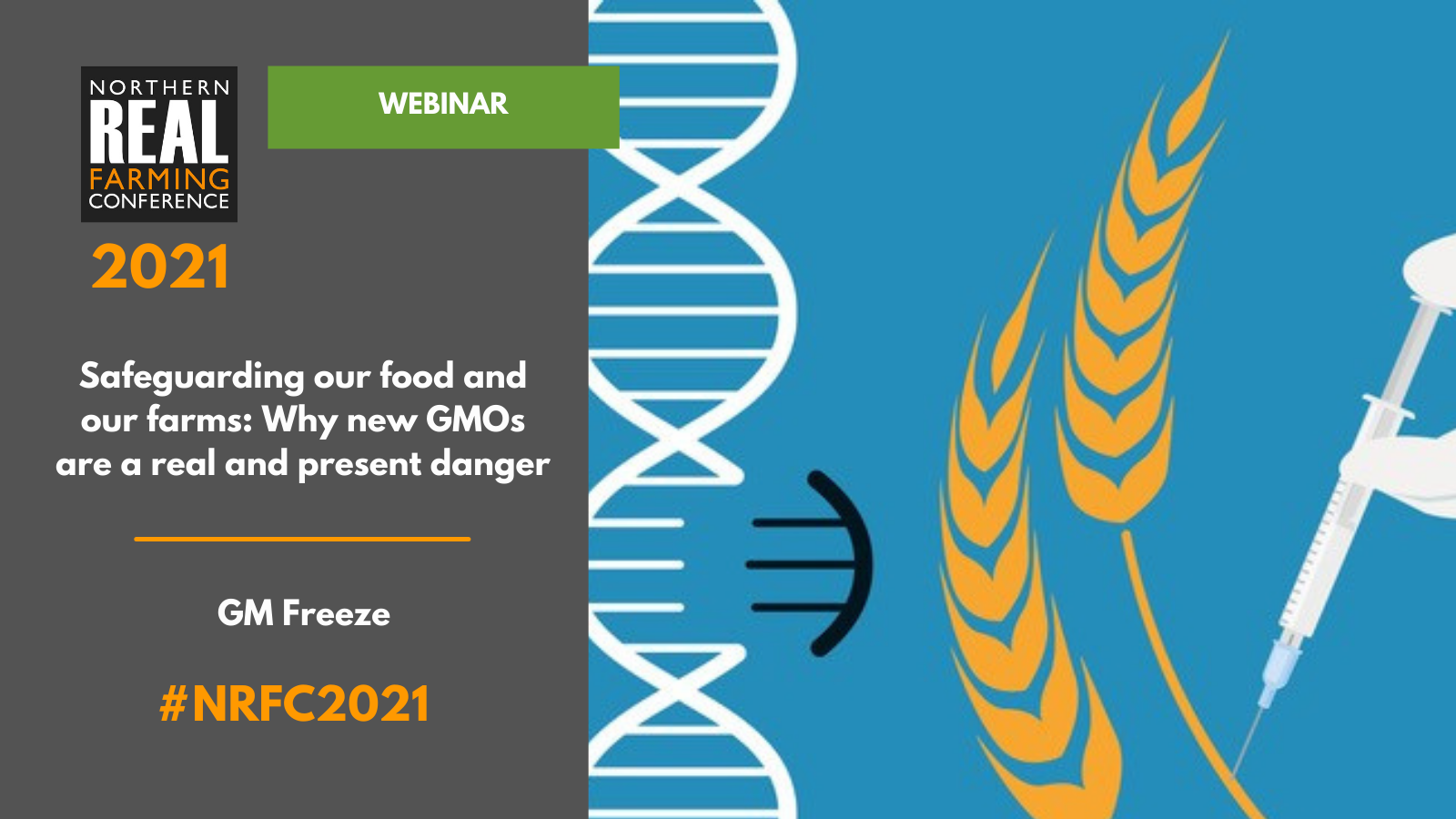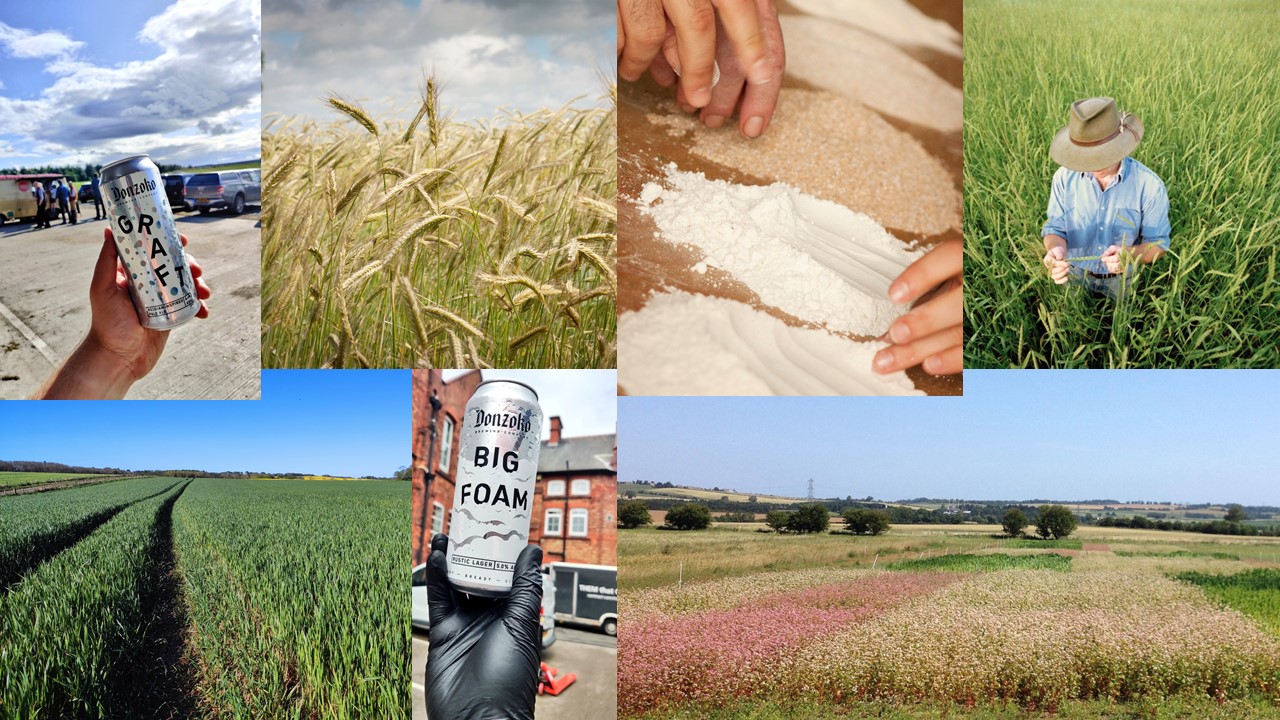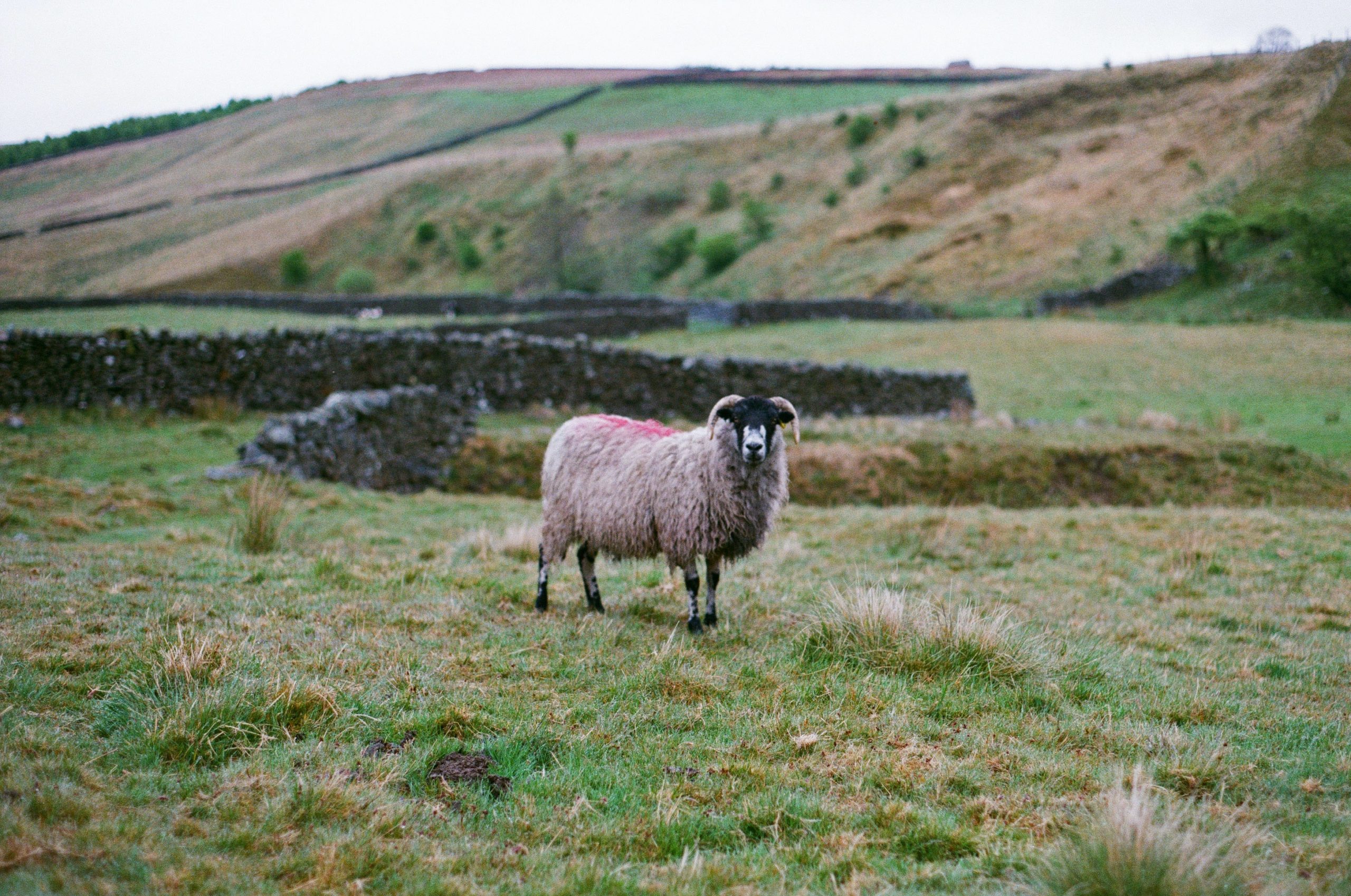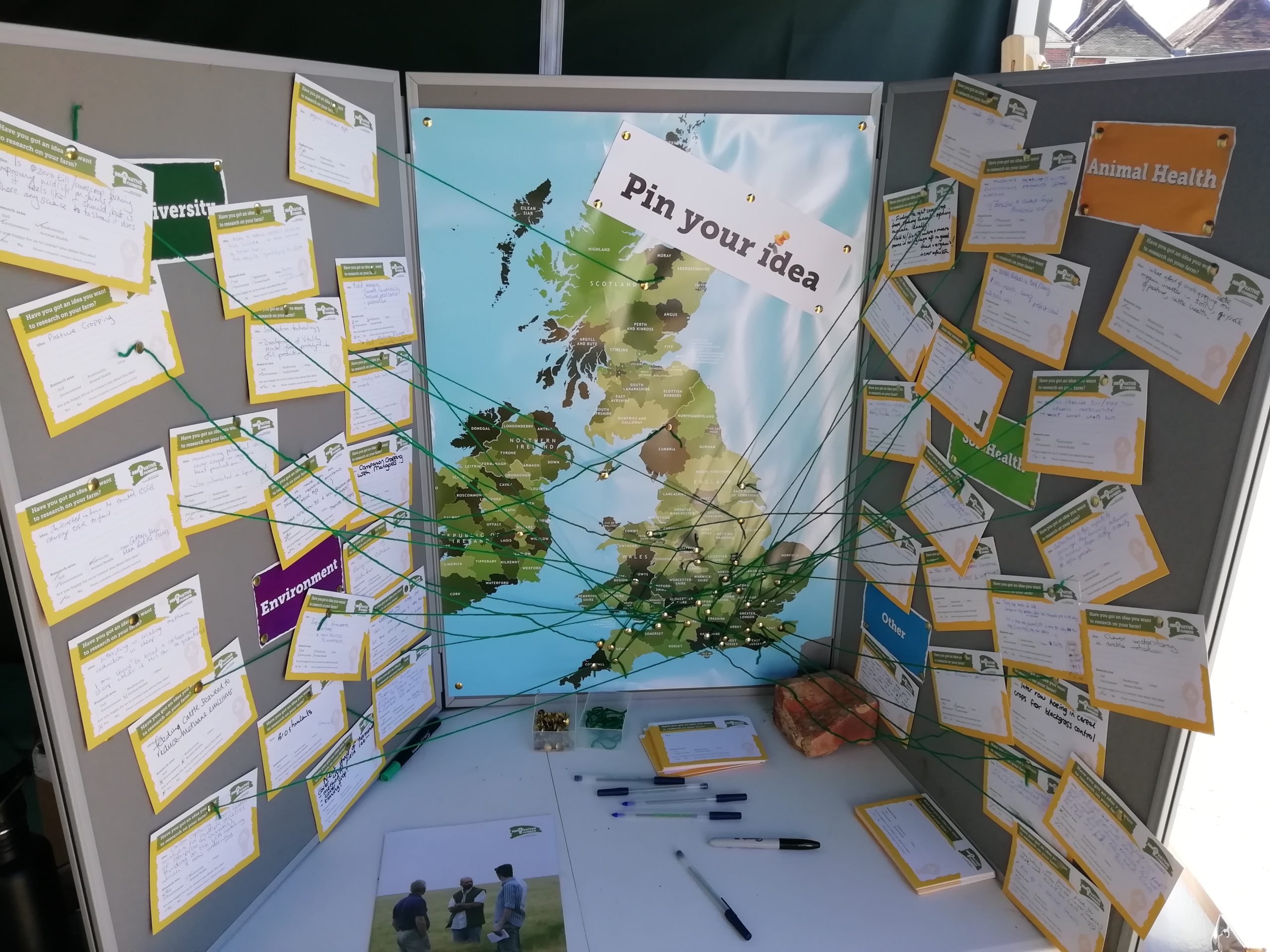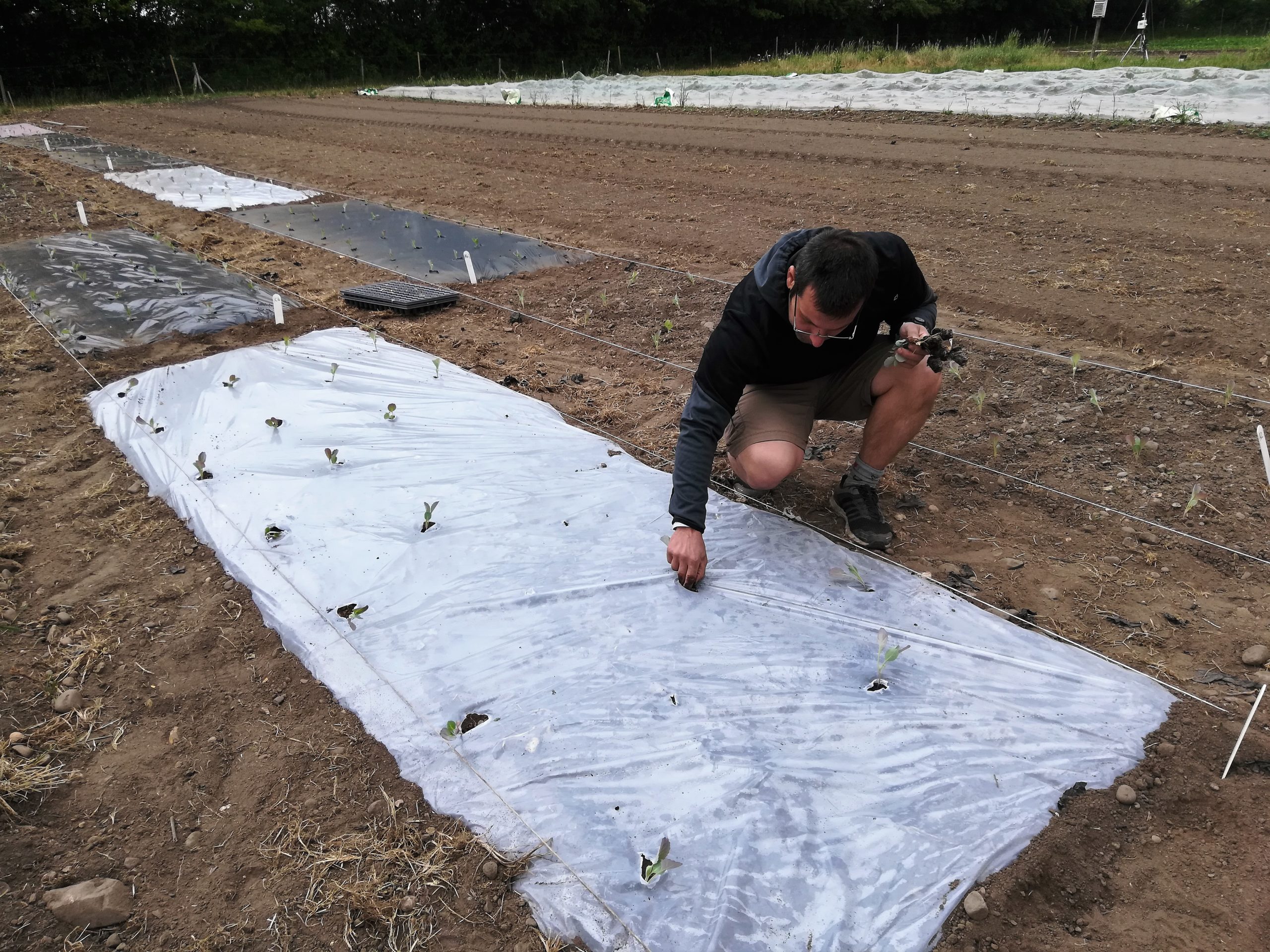Hosted by UCLAN
Besides known negative effects to food security outcomes for vulnerable groups, the Covid-19 pandemic has also provided new opportunities for local communities to work differently and improve outcomes for those most in need. Our research used social network analysis to focus on the changes to interactions between local food initiatives in a local food system in the NW of England during a crisis (Covid-19). Using resilience as a framework to understand these dynamics, the paper argues that social preconditions, such as a previously organised local food network in partnership with local authorities, have helped communities to self-organise and respond to difficult circumstances. Moreover, it also highlights the ways in which responses to major disruption can bring about the collective questioning of current models of emergency food provisioning and create stronger collaborative bonds between diverse organisations, potentially improving food insecurity outcomes.
Participants in the session will get a good understanding of how local food systems can lead to better food security outcomes. They will learn about how knowing more about the interconnectedness of individual initiatives and organisations within such systems can help in identifying any key organisations that play central roles in aiding collaborations, and also learn about how to identify where more focussed work might be done to aid future collaborations. Participants will see how a crisis or disruption can help illustrate the role of some central organisations and bodies. They will have the opportunity to discuss and explore whether and how other organisations might provide some of the ‘glue’ that is provided by a local authority in our example, and whether this is the best / most democratic level at which this support and connectivity should be provided.
There will be the opportunity for open discussion. We would love to hear what people see as the constraints to the network we have identified. Where they see opportunities for changes and where they feel other sectors need to be included. There will be the opportunity to be involved in other community conversations if participants wish. The issues raised by participants will be used in analysing a further dataset the research team have on the Lancaster local food system. We intend to coproduce a set of principles for organising resilient and democratic food systems from the discussion.
Speakers/hosts include:
Mags Adams – Mags is a transdisciplinary social scientist whose research focuses on sustainability and understanding the interconnections between people, places and social practices. My most recent work is concerned with human relationships and local food systems, especially in terms of food sovereignty and justice. I have recently been working on local food systems in relation to food procurement, food consumption and poverty, and sustainable agri-food systems and food security. I co-founded the Food Geographies Research Group at the Royal Geographical Society and chaired the Underlying causes of food poverty panel in developing the Greater Manchester Food Poverty Action Plan. I am a member of the Steering Group for the Food Futures Partnership in Lancashire and co-facilitated a Community Conversation to take forward the Lancaster People’s Jury recommendations on food. I currently lead a project Food citizenship: ‘who decides what I eat?’.
Tanya Zerbian – Tanya is a DTA3 COFUND/Marie-Curie Fellow at the University of Central Lancashire with research interests revolving mainly around sustainable agri-food systems and food security, having a background in community nutrition and public health. She is particularly concerned about how governance and the organisation of food systems and power relations affect food justice and accessibility related to food poverty and the food system. Recent research projects and her PhD project include analysing urban food strategies, local food initiatives’ connections and power configurations in local food systems.
Annie Wynn – Annie is the Development Director of Let’s Grow Preston. Let’s Grow Preston works tirelessly within the diverse communities of Preston to improve the environment of the City of Preston through cooperative environmental action. Our work and organisational values align with the Preston Economic Model and community wealth building. We have a radical, inclusive and equitable philosophy .
We operate two outstanding community gardens at Ashton Park and Grange Community Gardens, we are the umbrella environmental body for a thriving growing network of community groups such as park friends’ groups, food growing, allotment, environmental and community groups and associations.
LGP’s innovative work has put in place Public Liability Insurance and risk management procedures for all of its members to easily utilise to enable them to green the City of Preston for the benefit of people, wildlife and the environment.
LGP have run training and capacity building sessions with individuals and groups of all ages, backgrounds and abilities enabling them to create and care for community gardens, wildflower projects, food growing initiatives, beautifying grot spots and enriching biodiversity through sustainable planting schemes amongst much more. Our work has created real social and health benefits for those taking part in the volunteering and countless others who appreciate the transformative results in their neighbourhoods.
This has been recognised by the following awards
Social Prescribing Community organisation of the year 2021, Community group recognised for making real life changes to communities award by BBC Lancashire Radio Make a difference awards and Green Community Project of 2021 at the recent Best of Lancashire awards.
Familiar with public speaking, Annie has presented to Councils, national conferences and the most scary – the WI!

